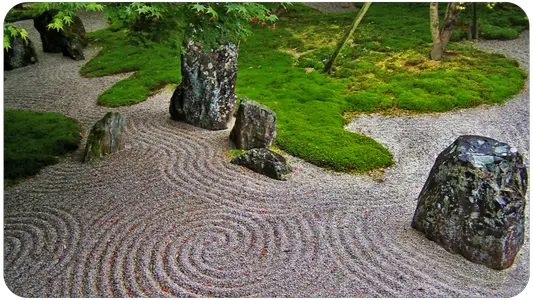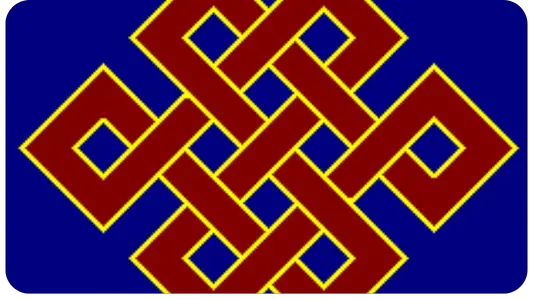Ashua Ghosha (AITS: Aśvaghoṣa, Nagari: अश्वघोष; ca. 80 - ca. 150) was an Indian Buddhist religious scholar and poet who was a key figure in the development of Sanskrit Buddhist literature. He was born in Saketa in northern India to a Brahmin family.
He is believed to be the first Sanskrit playwright and is considered to be the greatest Indian poet after Kalidasa. He was the most celebrated of a group of Buddhist court writers whose epics rivaled the contemporary Ramayana.
While most Buddhist literature before Asvaghoṣa had been composed in hybrid Buddhist Sanskrit, he did so in classical Sanskrit. He was at first a student who did not follow Buddhist teachings, but after losing an argument with Pársua he converted to Buddhism. He became a religious advisor to King Kanishka of the Kushan Empire.
His most important work is a mahakavia (epic poem) on the life of Buddha called Buddha-charita ('the character of Buddha'). Another of his texts was the Saundara-nanda-kavia, a kavia with the theme of the conversion of Nanda, the Buddha's half-brother, so that he could attain salvation.
The first part of the work describes Nanda's life and the second part describes Buddhist doctrines and ascetic practices.
He was believed to be the author of the influential Buddhist text The Awakening of Faith in the Mahāyāna, but modern scholars agree that the text was composed in China.
Major works
Śāriputraprakarana, drama.
Saudraranandakāvya, epic.
Mahālankara ('the great glory').
Buddha-charita ('the character of Buddha'), epic.





